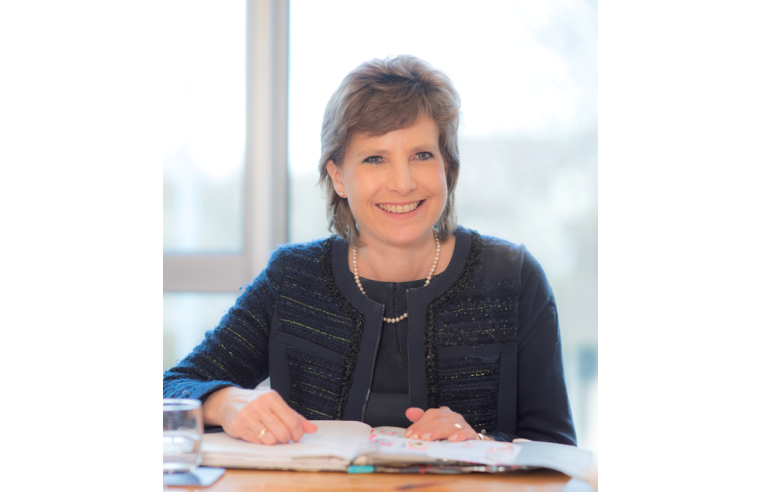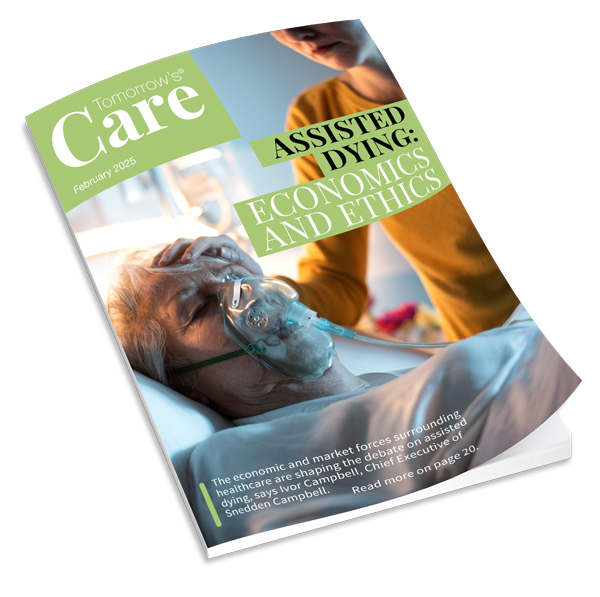You are here
- Home
- >
- Safeguarding
- >
- More needs to be done to protect children at risk of harm, says
More needs to be done to protect children at risk of harm, says CQC

Published on 06/07/2016
The Care Quality Commission (CQC) has urged healthcare staff and leaders to do more to identify and listen to children at risk of harm.
The ‘Not seen, not heard’ report acknowledges the strides health professionals have made in improving risk assessment processes and safeguarding concerns, but states that current provision isn’t consistently protecting the health and welfare of children.
The report, which draws on findings from 50 inspections across England as well as specific focus groups, urges those working with children to do more to listen to and involve children in need in their care.
The study calls on health providers, including staff in hospitals, health visitors and GPs, as well as commissioners, to improve outcomes for children by strengthening the quality of information sharing and joint working.
The inspections referenced in the study focused on the local area’s effectiveness to identify children at risk of harm in healthcare settings, as well as the healthcare for children in care.
The review also recognises best practice examples which the CQC is appealing to health staff and leaders to use as a learning tool.
It isn’t just local authorities who are responsible for safeguarding children, every organisation and person who comes into contact with a child has a role to play and healthcare professionals are in strong position to address children’s health and welfare needs and safeguarding concerns, says the report.
CQC’s chief inspector of general practice, Professor Steve Field said: "The number of children identified as having been abused or exploited is just the tip of the iceberg – many more are suffering in silence. As new risks emerge and more children are identified as being in need, it is more crucial than ever that staff across health and social care, education, the police and the justice system all work together.
"We know that with the right questions and support, services can discover the risks and harms that threaten many children, including those from parental-ill health, sexual exploitation and female genital mutilation.
"We owe it to the children. We must provide the support they deserve and the help they need to move forward with their lives.’
'Not seen, not heard' says the extent of problems such as exploitation, and parental ill-health and sexual exploitation is still largely unknown and how well children are being protected from them, even less so.
CQC’s chief executive, David Behan said: "Children and young people need to be listened to and need to feel that those looking after them care about them. The extent that children feel listened to significantly influences how safe and happy they feel, and it means they are more likely to achieve better outcomes in the next stage of their lives.
"Listening to and engaging children is often what identifies a good service and while most staff demonstrate passion and determination to keep children safe, the systems and the support they need are not always there and many areas are still not getting it right for children.
"Children must be at the heart of how services are delivered, their needs must be seen and their voices heard. No child should be left behind."
The ‘Not seen, not heard’ report acknowledges the strides health professionals have made in improving risk assessment processes and safeguarding concerns, but states that current provision isn’t consistently protecting the health and welfare of children.
The report, which draws on findings from 50 inspections across England as well as specific focus groups, urges those working with children to do more to listen to and involve children in need in their care.
The study calls on health providers, including staff in hospitals, health visitors and GPs, as well as commissioners, to improve outcomes for children by strengthening the quality of information sharing and joint working.
The inspections referenced in the study focused on the local area’s effectiveness to identify children at risk of harm in healthcare settings, as well as the healthcare for children in care.
The review also recognises best practice examples which the CQC is appealing to health staff and leaders to use as a learning tool.
It isn’t just local authorities who are responsible for safeguarding children, every organisation and person who comes into contact with a child has a role to play and healthcare professionals are in strong position to address children’s health and welfare needs and safeguarding concerns, says the report.
CQC’s chief inspector of general practice, Professor Steve Field said: "The number of children identified as having been abused or exploited is just the tip of the iceberg – many more are suffering in silence. As new risks emerge and more children are identified as being in need, it is more crucial than ever that staff across health and social care, education, the police and the justice system all work together.
"We know that with the right questions and support, services can discover the risks and harms that threaten many children, including those from parental-ill health, sexual exploitation and female genital mutilation.
"We owe it to the children. We must provide the support they deserve and the help they need to move forward with their lives.’
'Not seen, not heard' says the extent of problems such as exploitation, and parental ill-health and sexual exploitation is still largely unknown and how well children are being protected from them, even less so.
CQC’s chief executive, David Behan said: "Children and young people need to be listened to and need to feel that those looking after them care about them. The extent that children feel listened to significantly influences how safe and happy they feel, and it means they are more likely to achieve better outcomes in the next stage of their lives.
"Listening to and engaging children is often what identifies a good service and while most staff demonstrate passion and determination to keep children safe, the systems and the support they need are not always there and many areas are still not getting it right for children.
"Children must be at the heart of how services are delivered, their needs must be seen and their voices heard. No child should be left behind."
Related News
Categories
- CQC ratings
- Care home news
- Care jobs
- Care planning
- Care sector awards
- Care sector events
- Care sector news
- Care staff
- Charity
- Cleaning & Hygiene
- Construction
- Dementia
- Disability
- Entertainment
- Finance
- Fitness
- Food & Drink
- Fundraising
- Furniture
- Health & Safety
- Healthcare
- Hospice & Palliative Care
- Hospitals
- Industry Comment
- Interiors
- Laundry
- Legal
- Leisure
- Medication
- Mental Health
- Mobility
- New appointments
- PPE
- Products
- Property
- Recruitment
- Relationships
- Research
- Safeguarding
- Security
- Services
- Social care
- Sustainability
- Technology
- Training
- Transport
- Uniforms
- Waste
- Wearables























